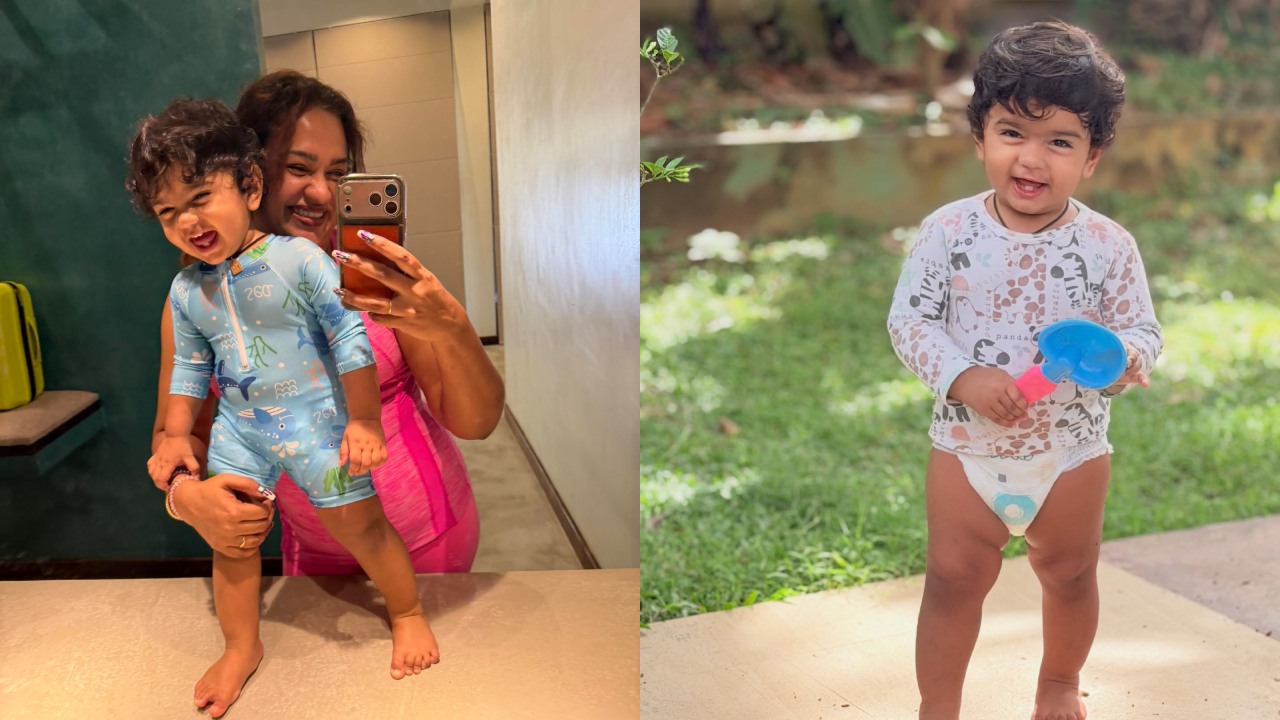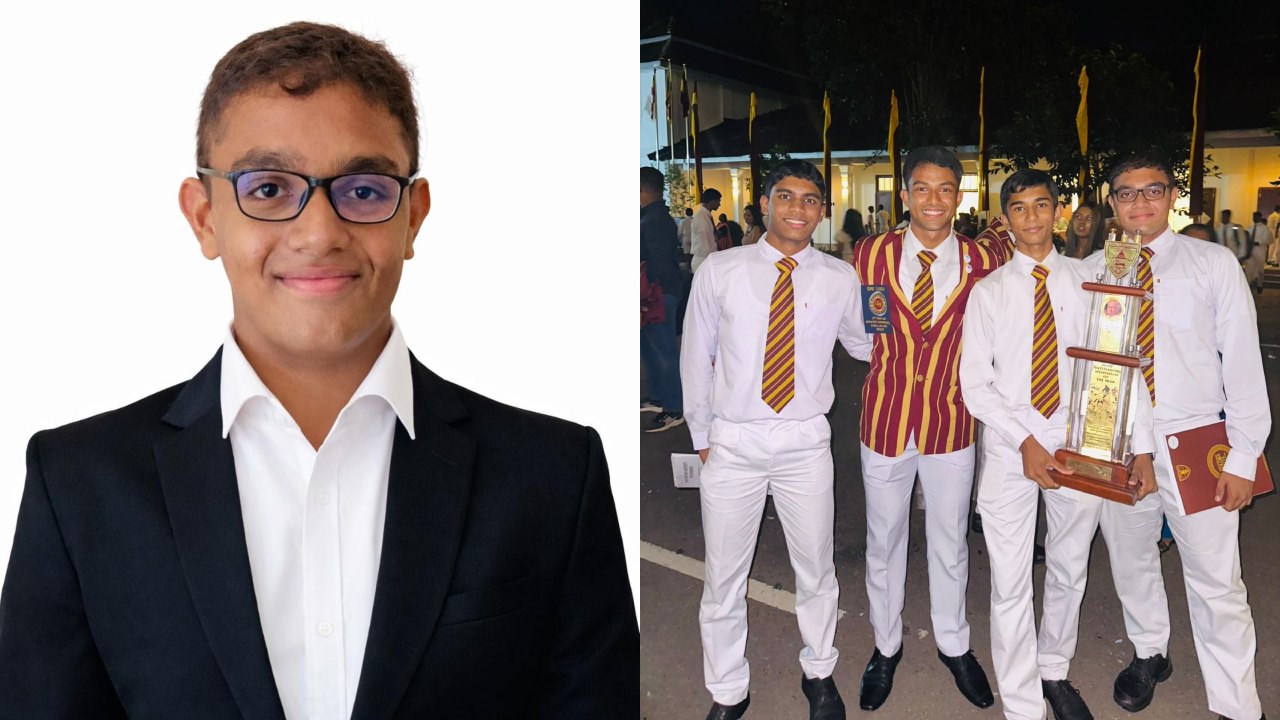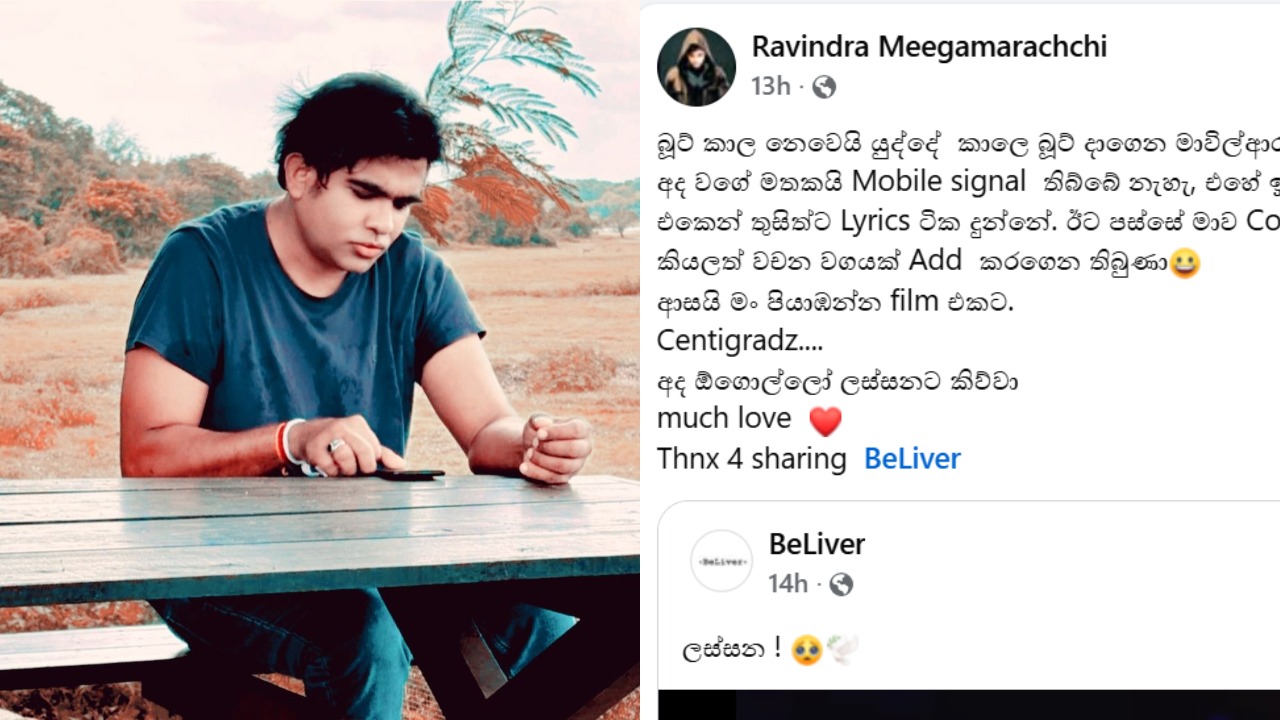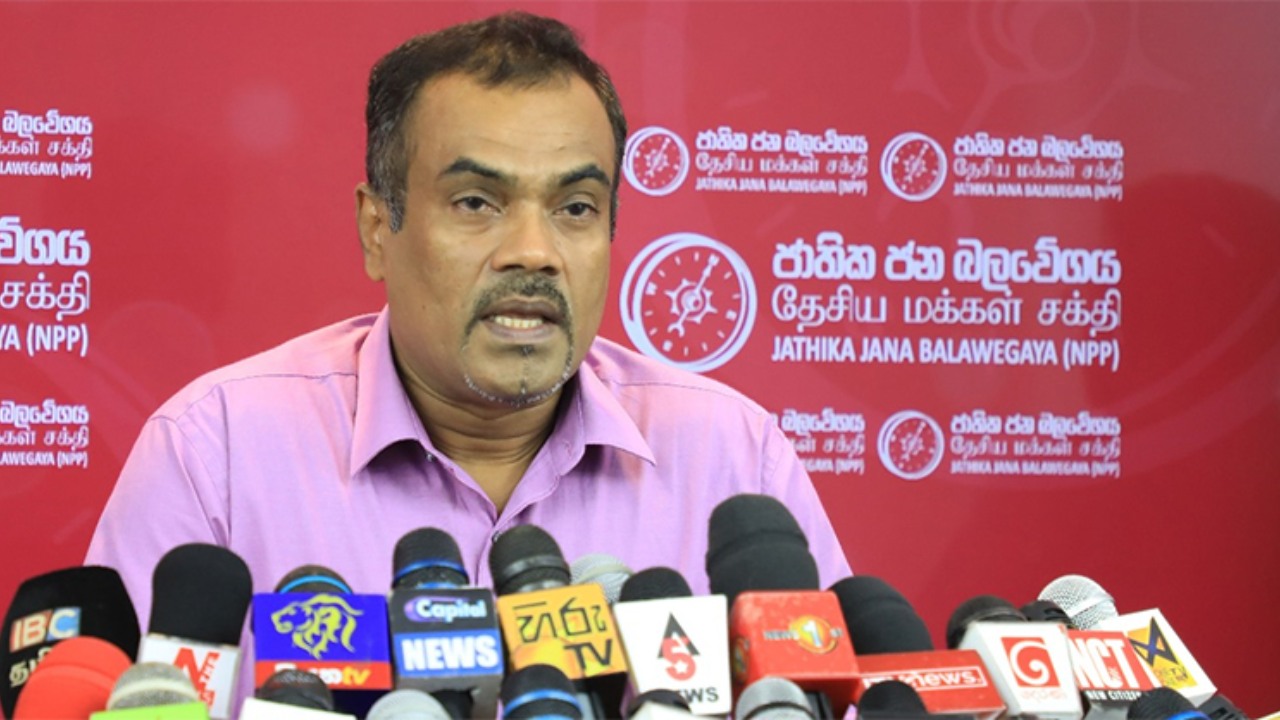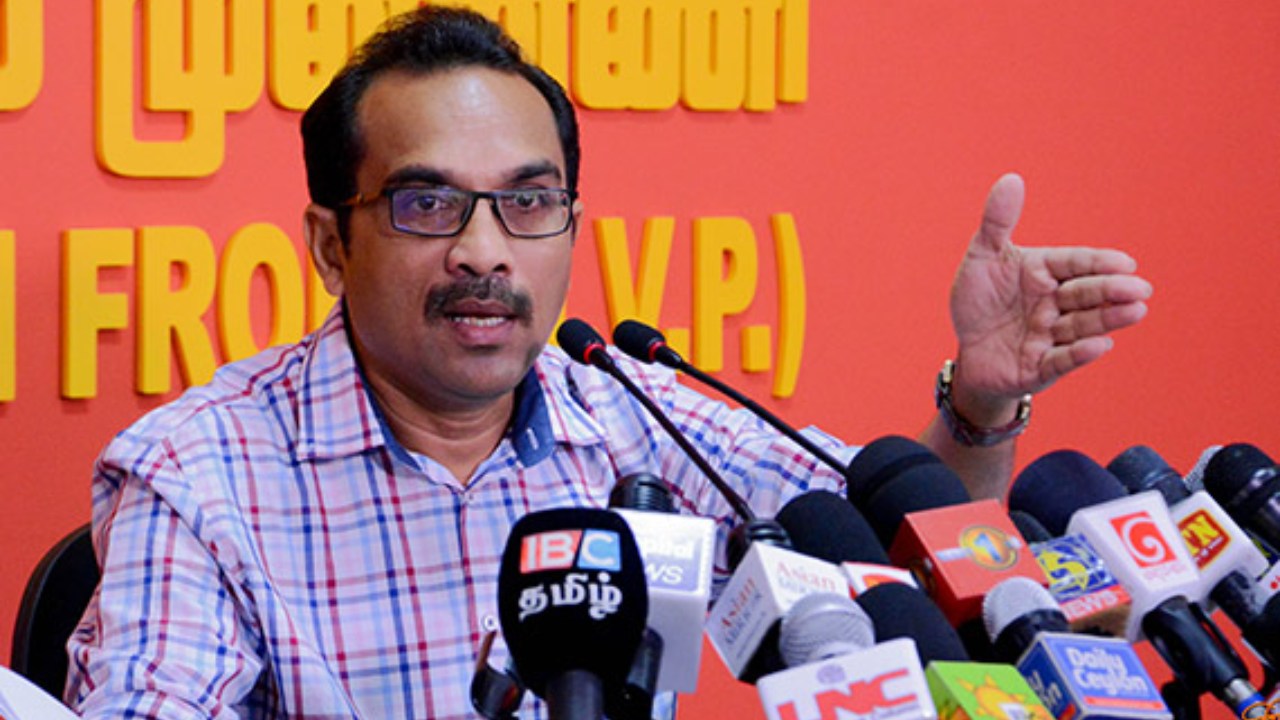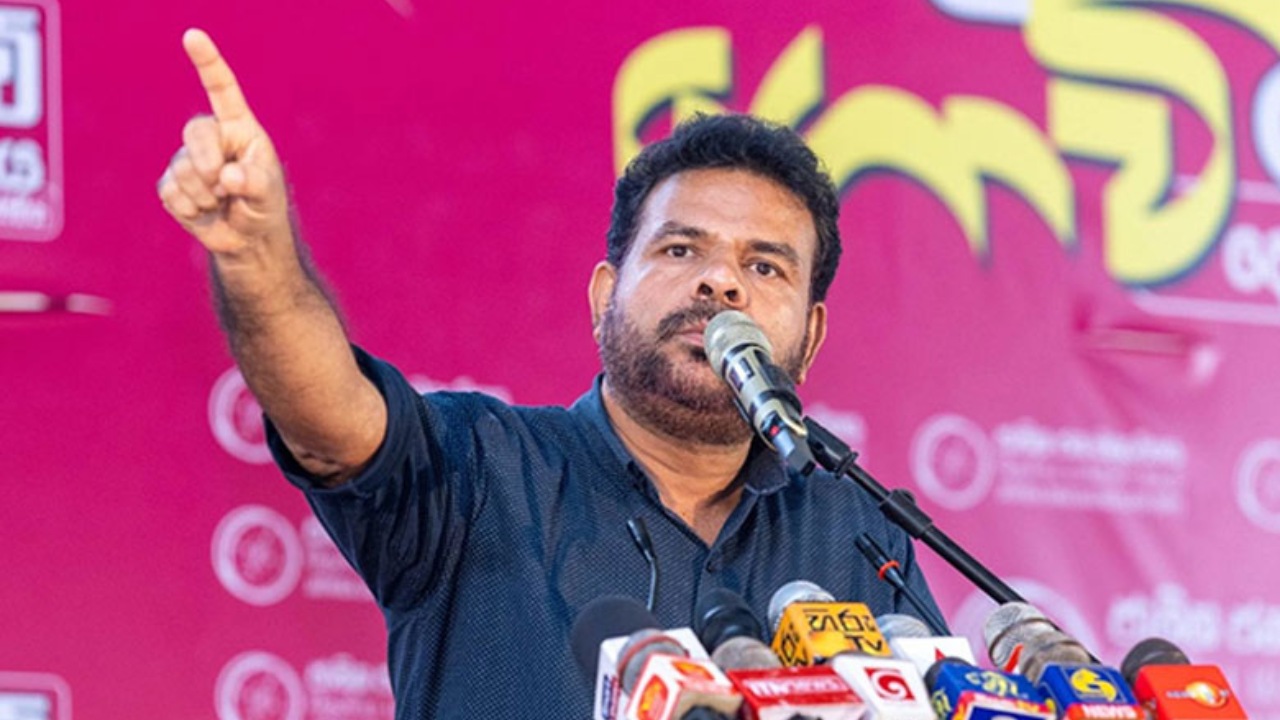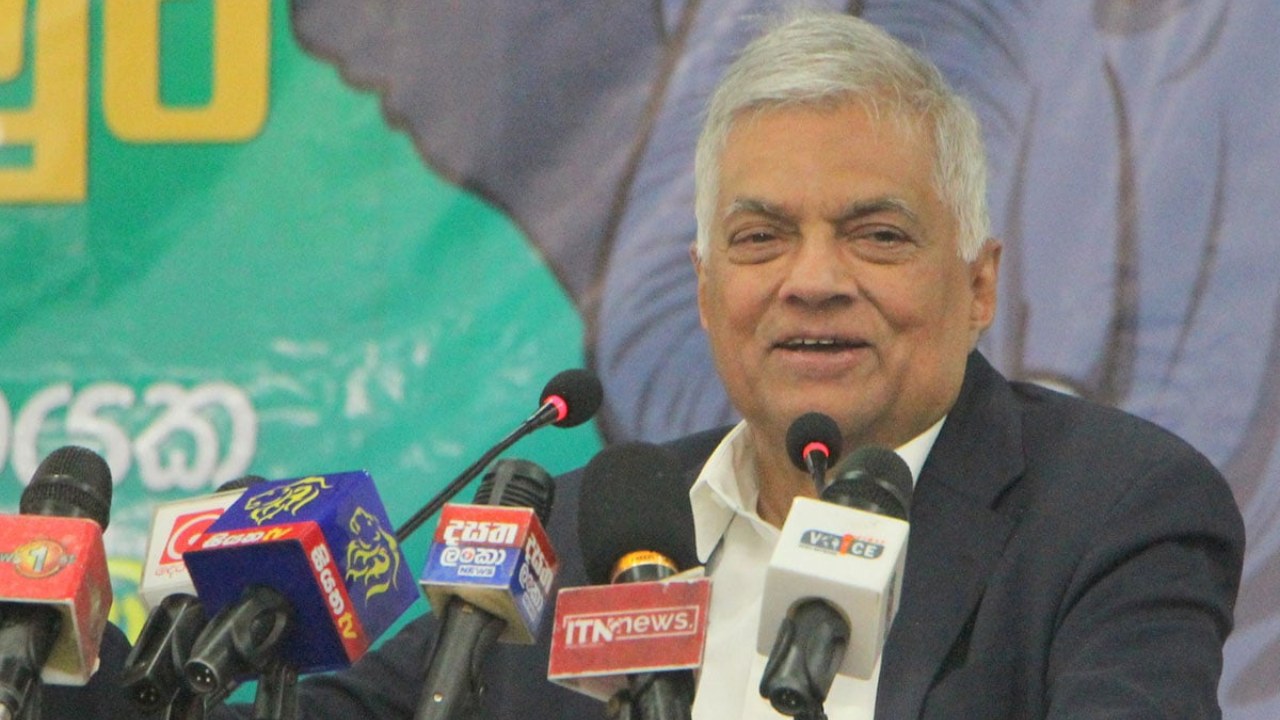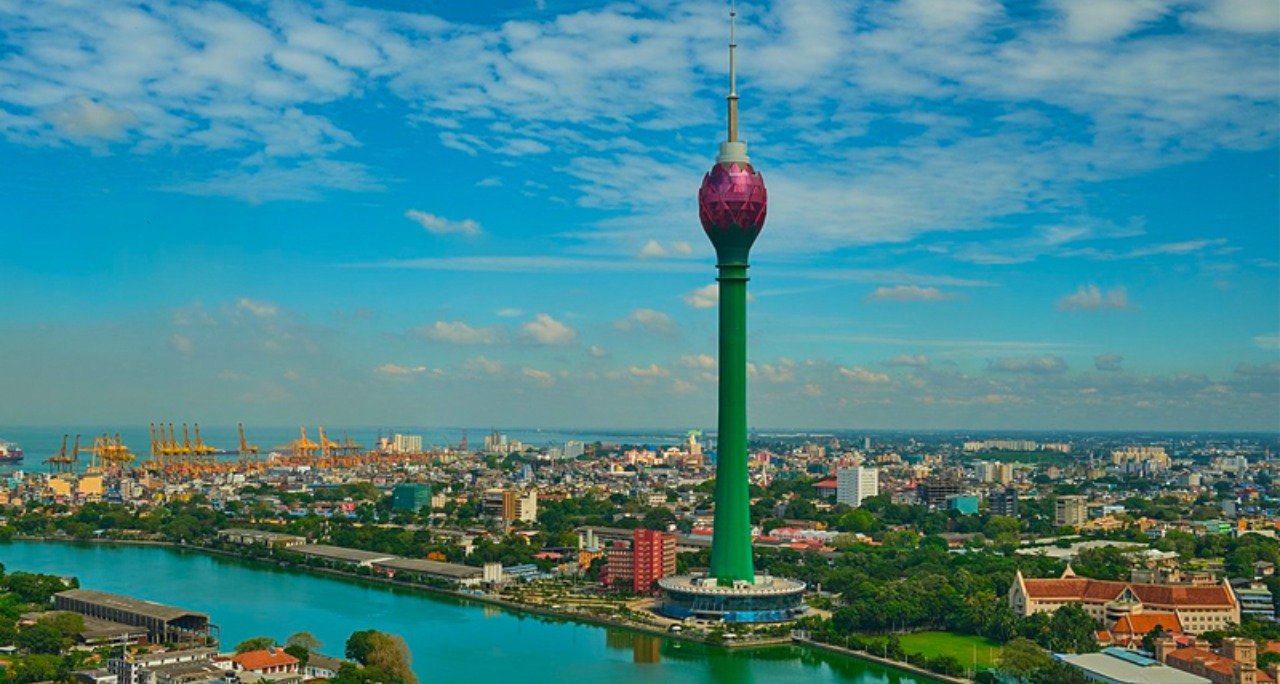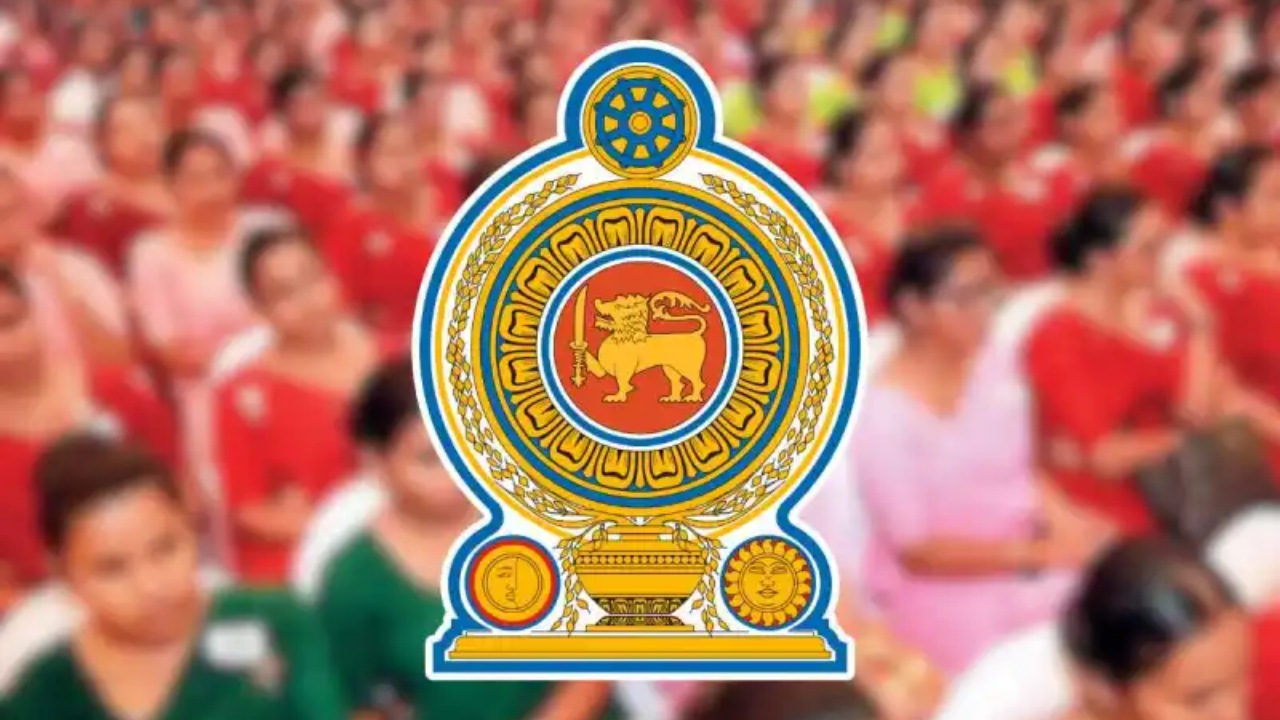2025 මැයි 28, ප.ව. 12:43
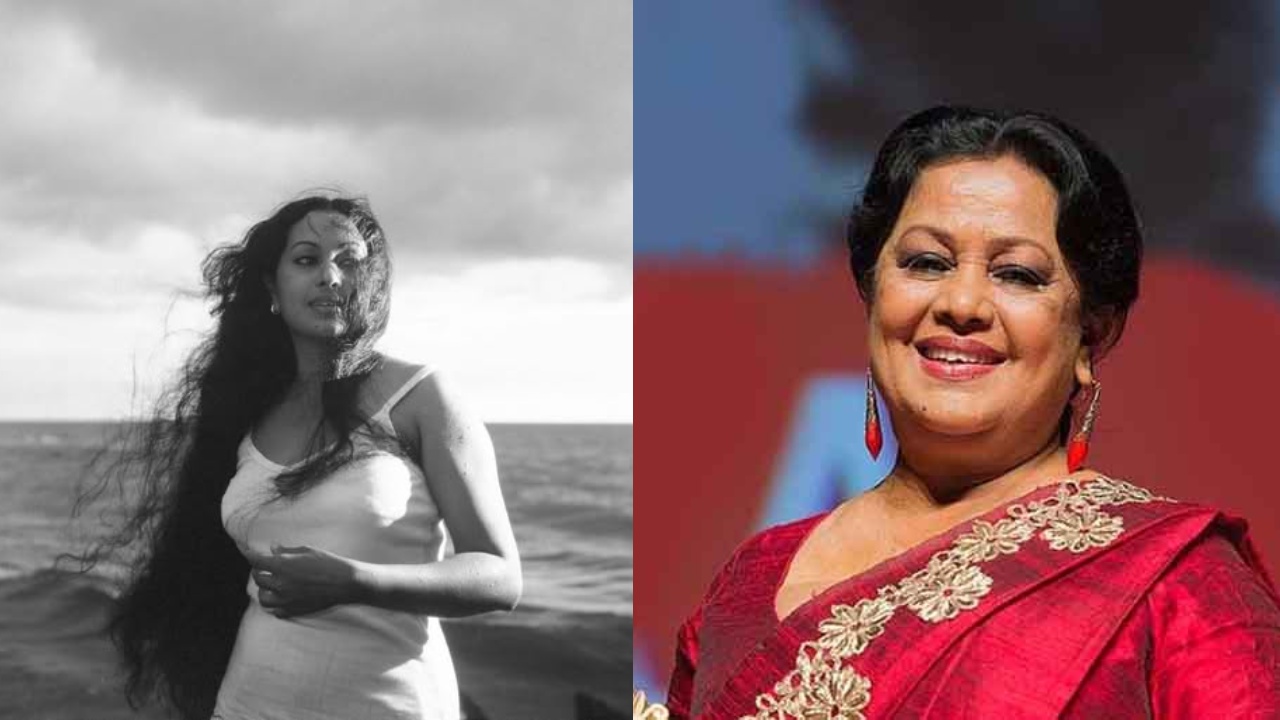
මාලිනි ෆොන්සේකා නම් වූ රංගනයේ පුරාවෘත්තයක් බඳු වූ ඇය සහ 1983 ඇති වූ ජූලි කලබල ගැන මේ වෙනකොට සමාජයේ කතිකාවතක් ඇති වී තිබෙනවා.
මාලිනි ෆොන්සේකා එවකට සිටියේ බම්බලපිටිය ගාළුපාරේ මහල් නිවාසයකයි.
මැරයින් එම පාරට ඇතුල් වීමට පෙර මාලනිය මැරයොන්ගෙන් ඉල්ලා සිට ඇත්තේ තම අසල්වැසියන්ට කරදර නොකරන ලෙසටයි.
එම දීර්ඝ සම්පුර්ණ සටහන පහතින්,
මාලිනි ෆොන්සේකා රිදී තිරයේ වීරවරියක් පමණක් නොවන්නේ ඇයි?
( ඩිනාලි ප්රනාන්දු විසින් තැබූ සටහනකි! මේ සටහනේ ඉංග්රීසි සටහන මා උපුටා ගත්තේ මගේ මිතුරිය හසිනි හපුතන්ත්රිගේ ෆේස්බුක් බිත්තියෙන්)
….
මේ සටහන මාලිනි ෆොන්සේකා නම් වූ රංගනයේ පුරාවෘත්තයක් බඳු වූ ගැහැනිය සහ 1983 ඇති වූ ජූලි කලබල ගැනයි.
මගේ මිතුරිය සහ ඇගේ අම්මා බම්බලපිටිය ගාළුපාරේ මහල් නිවාසයකයි ජීවත් වුණේ. ඇගේ සහකරු වුණ ලකී ඩයස් එක්ක මාලිනි ජීවත් වුණෙත් ඒ පාරෙම නිවසකයි. එදා ඒ අවාසනාවන්ත උදේ, මැරයො පාරවල් දිගේ මහා විනාසයක් කරගෙන එද්දි මගේ යෙහෙළිය, එයාගෙ අම්මා සහ එයාලගෙ අසල්වැසියො පුදුමාකාර බයකින් බලාගෙන ඉඳලා තිබුණා. කොයි මොහොතක හරි මේ මැරයො තමන්ගෙ පාරටත් එන බව එයාලා දැනගෙන හිටියා. මගේ යෙහෙළිය ඇතුළු හුඟක් දෙනා දමිළ මිනිස්සු.
මේ මැරයො ඒ පාරට ඇතුල්වෙන්න කළින් මාලිනි, ඇය ඇඳගෙන හිටපු රාත්රී ඇඳුම පිටින්, ඇයටම අනන්ය වුණ ගොතපු දිග කොණ්ඩෙ එක්ක ගාළු පාරට දුවගෙන ආවා. ඇය හිටියෙ අඬමින්. ඇය මේ මැරයොන්ගෙන් ඉල්ලලා හිටියා ඇගේ අසල්වැසියන්ට කරදර කරන්න එපා කියලා. දැනුවත්ව හෝ නොදැනුවත්ව ඇය අසරණ වුණ කතා නායිකාවගෙ චරිතය තමයි එතන කරේ. මේ මැරයොත්, මුළු රටකුත් ඇය එක්ක ආයේ ආයෙත් ආදරයෙන් බැඳුණු අසරණ වුණ කතා නායිකාව විදිහටයි ඇය හැසිරුණේ.
එතන හිටපු මැරයො ඒ මොහොතෙ හිටියෙ මිනිස්සු හැටියට ඔවුන්ට වැටෙන්න පුළුවන් පහත්ම තැනක. නමුත් ඒ මොහොතේ පවා ඇයට පුළුවන් වුණා ඇගේ අයස්කාන්තභාවය සහ බලය පාවිච්චි කරලා ඔවුන් තුළ තිබ්බ මනුෂ්යත්වය මොහොතකට කැඳවන්න. මගේ යෙහෙළිය සහ අනෙක් අය දැක්කා මේ මැරයො තමන් ගෙනාපු ආයුධ අත ඇරලා, ලැජ්ජාවෙන් ආපහු යනවා. අඩුමගාණේ ඒ පාරේ හිටපු මිනිස්සු වෙන්න ගිය විනාසෙන් බේරුණා.
මම මගේ යෙහෙළියව ඒ කාලේ දැනගෙන හිටියෙ නැහැ. අපි විශ්වවිද්යාලයෙදි මුණගැහුණෙ ඊටත් අවුරුදු දෙකකට පස්සෙයි. අපි මුණගැහෙද්දිත් ඒ මහා කළු ජූලියේ මතකයන් ජීවමානව අපි අවට තිබ්බා. ඒ ගැන කතා නොකරත් ඒ මතකයන් අපි අතර තිබ්බා. මගේ යෙහෙළිය මට මේ කතාව කිව්වෙ ඊටත් කාලෙකට පස්සෙ.
ඇය මට මේ කතාව කිව්වෙ අපි ඇයව බලන්න ඇගේ බම්බලපිටියෙ මහල් නිවාසෙට ගිය මොහොතකයි. අපි ඉඳගෙන හිටියේ ඇගේ බැල්කනියේ. හරියටම කියනවනම්, අපි ඉඳගෙන හිටියෙ මාලිනි ෆොන්සේකා කියන අයස්කාන්ත, බලගතු නිළිය නිසා බේරුණ ඇගේ නිවසේ බැල්කනියෙ!
අනුවර්තනය: ෂෙනූ පෙරේරා
මුල් සටහන: හසිනි හපුතන්ත්රි
The state funeral of Queen Of Sinhala cinema was very emotional and people poured tribute to the icon of Srilankan art and culture
Sadly another aspect of Malinis courage to save many Tamils taking great risk during 1983 black July riots were not mentioned by any one
This post clearly shows more to this uncrowned queen and her another aspect of going beyond race and religion and saving people who were in danger
“Malani helper many a tamil family and gave them refuge during the 83 riots. My friend Ramesh (Vaidehi Santanam’s brother and fellow AFSer) wrote this upon hearing of her demise
“Malini Fonseka, undoubtedly Sri Lanka’s most popular film star, the Queen of Sri Lankan cinema, died earlier today. She was 78.
There will be many an article written over the next several days extolling her impact on Sri Lankan film and culture, her roles in more than 70 movies in a career that spanned more than six decades, and perhaps even her time in politics. She will deservedly receive a state funeral, and the entire island nation will mourn. It’s what we do when we lose an icon of her magnitude. Her nuanced screen performances had the grace, subtlety, beauty and power of Liv Ullmann in Bergman’s best work. However, it is unlikely many, if anyone, will mention the other side of this cultural icon.
As much as I enjoyed her work on screen, to me Malini is this: An unselfish and courageous woman who thought nothing of it to literally put her life on the line to save me and my family from being slaughtered 42 years ago.
When I was 15, I remember my mum telling me we were moving to a new apartment, and our next-door neighbor was Malini Fonseka. That would have been akin to telling an American teenager in the 1950s that their new neighbor was Marilyn Monroe. In Sri Lanka, Malini packed the star wattage and screen presence of Marilyn, Judy Garland, Ava Gardner, Gloria Grahame, Ingrid Bergman, Faye Dunaway, Julia Roberts, Reese Witherspoon, Cate Blanchett, Natalie Portman, Jennifer Lawrence all rolled into one. She WAS Sri Lankan cinema, and there never was nor will there be anyone who comes close to matching her status.
To me, Malini was this compassionate, caring lady who had no airs about who she was, who treated everyone with decency and kindness. This is what I remember about this lady. When we moved in next door, she came over and introduced herself — there was no one on that island who didn’t know who she was, yet she was sweet and humble. Because she didn’t speak fluent English and she knew my mum had been a teacher, she asked my mum to teach her. So, once a week, my mother would take some books and go the 25 feet or so to Malini, and spend an hour or two teaching her English. Malini insisted that we speak English to her. When she saw me on our shared stairs, she’d always take the time to ask me about my day. She knew I loved movies, so she’d tell me about making films. She knew who she was, we knew who she was, but she just wanted to be Malini, our friendly next-door neighbor. And that’s who she was.
Then came July 25, 1983. A few days earlier, a ragtag group of separatist rebels calling themselves the Tamil Tigers had ambushed more than a dozen soldiers in the north and killed them all. When the bodies were returned to the capital, instead of their individual towns or villages, the majority Sinhalese went on a rampage. What followed was a government-sanctioned bloodbath. The entire city of Colombo was in flames, Tamil businesses all around coughed black smoke, thugs, armed with clubs and machetes, assaulted any Tamil they could find. On the main thoroughfare in front of our lane, a young Tamil couple was dragged out of a blue car, beaten to a pulp and the car set alight. Inside our two-bedroom apartment, my mother was hiding our Tamil textbooks, quietly saying The Lord’s Prayer over and over again, and contemplating an escape route that included us leaping off a high balcony onto a tin roof 10 feet away.
It wasn’t a question of if the machete- and club-wielding men came down our lane, it was when. And 16-year-old me knew when they came, my family and I would die.
Sure enough, they came. They wanted to kill Tamils, and they knew we lived there.
No sooner did they enter our dead-end lane, Malini, a Sinhalese, without even a moment’s hesitation, flew down the stairs, rushed toward these bloodthirsty men, confronted them head on, and told them they would not be coming any further. She stood there determined, and, the men, awed by seeing their screen idol in the flesh, and realizing she was absolutely not going to waver, turned around and left.
As my sister once wrote, Malini “used her popularity as an actress for great good in July ’83 … [and] by the sheer force of her personality prevented the mob from coming down our road. No house down our tiny cul de sac was attacked.”
Malini waited till they left, then came back upstairs, told us to pack some clothes and valuables, and insisted we spend the night at her place. She assured us we would be safe, then, she and her boyfriend got in her Jeep and drove to other neighborhoods to see if they could save more Tamils from being harmed. We spent that night and several more at her place. She was our guardian angel.
A year later, I came to the States, and when I returned to Sri Lanka a couple of years later, Malini had moved. I saw her at a mutual friend’s wedding, and we caught up, before I returned to western Pennsylvania. Then, 25 years later, the Sri Lankan community in Pittsburgh organized a visit by Malini. I had no idea whether she’d remember me, especially since I looked nothing like that lad she knew. I walked up to her and said, “I don’t know if you remember me,” and before I could finish, she smiled and asked, “Ramesh, how are your mother and sister?” We talked about the old neighborhood, she regaled me with stories about being taught English by mum. At a reception later, I was able to publicly thank her for what she did for me and my family in 1983.
I was gutted when I read the news of her death. A couple of Sri Lankan friends in the east emailed me a few hours ago. Even though Malini and I didn’t stay in touch — I would Google her every few months just to see if there was any news of her or any new films she was doing — I am heartbroken.
How do I even begin to express my gratitude or honor someone whose selflessness and bravery are why I am alive today, why my sister’s alive today? Thank you is so inadequate a phrase to fully express how grateful I am to Malini or how much I owe her.
I always will remember her luminescent smile, her laugh, and her fondness for Captain and Tennille. And her compassion.
Malini Fonseka leaves an indelible mark on the history of my homeland and its culture. And she changed my life. Whether I was worthy of it is a discussion for another time. But I consider myself incredibly fortunate to have crossed paths with this truly remarkable, extraordinary lady.
May she rest in peace and may she attain the supreme bliss of nibbana.””





